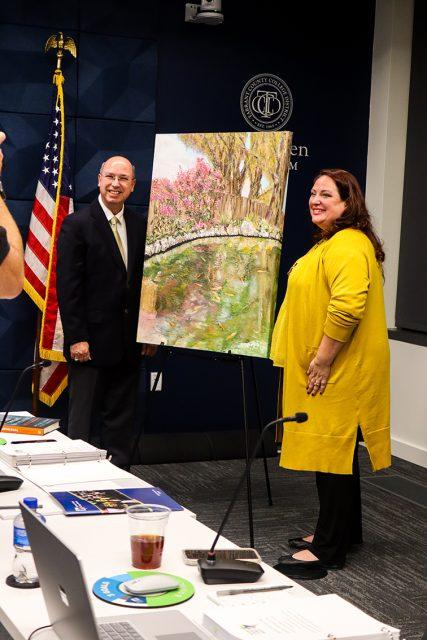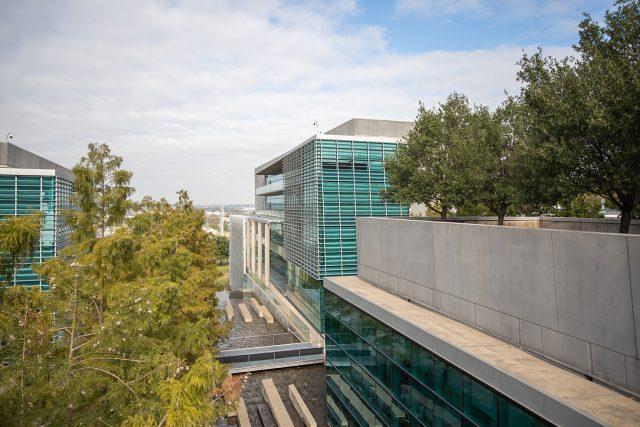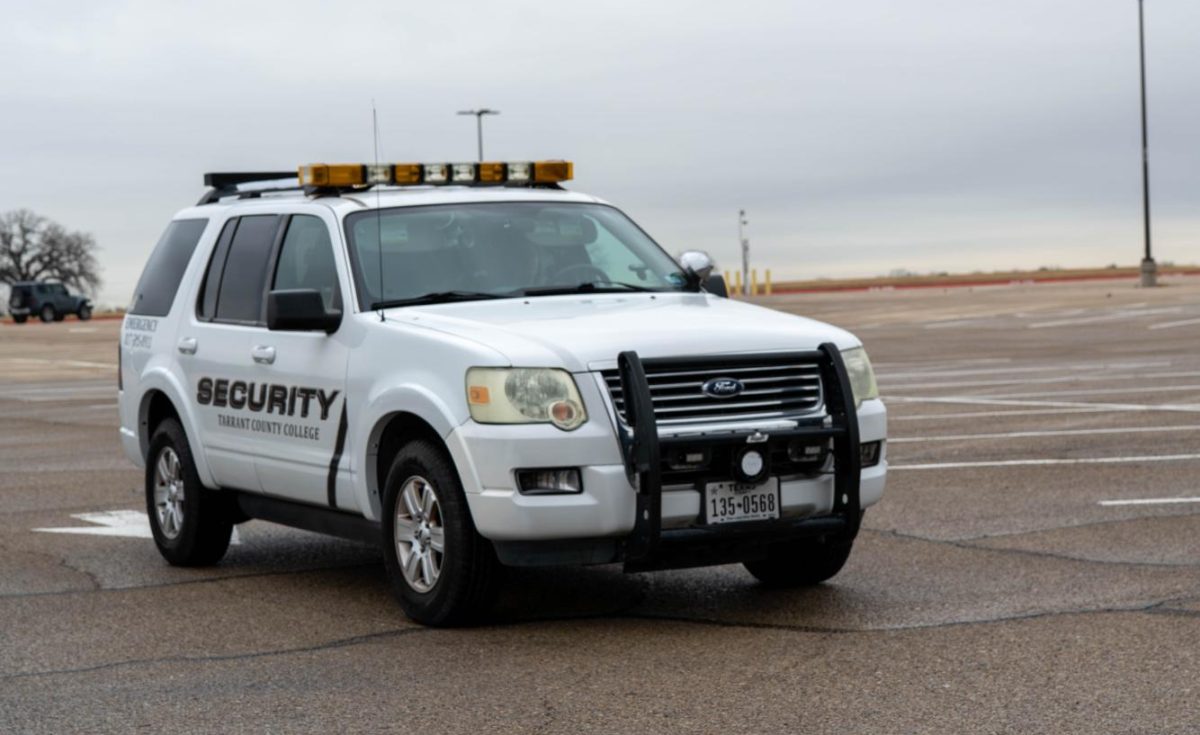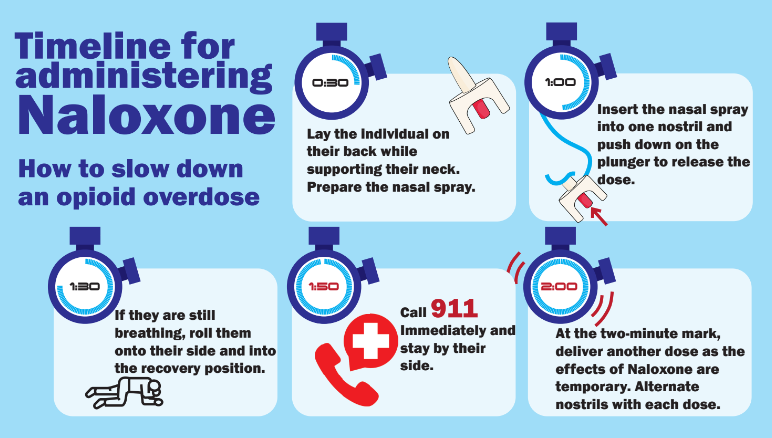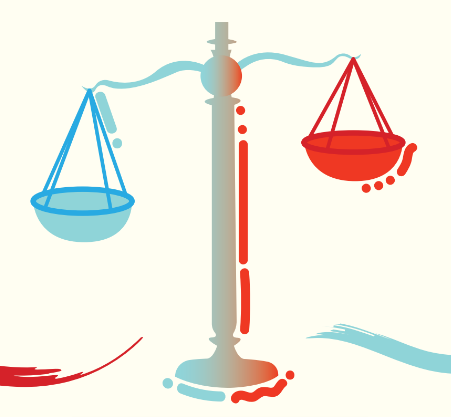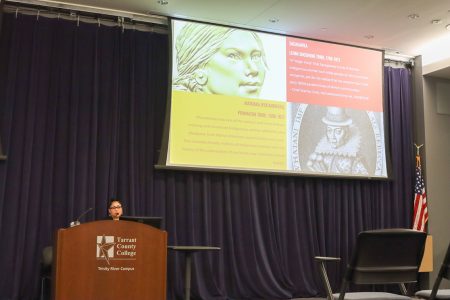
event at TR. She shared not only personal anecdotes but also historical examples.
Ariel Desantiago/The Collegian
IRENE DOMINGUEZ
campus editor
irene.dominguez370@my.tccd.edu
There is a crisis of missing and murdered Indigenous women in this country, according to Jodi Voice Yellowfish, who spoke to TR students on Nov. 17.
Yellowfish is the chair of Missing and Murdered Indigenous Women Texas Rematriate, which brings awareness to the violence affecting Indigenous women.
“Domestic violence, murder or having to report a missing person’s case, this violence touches very close to home,” Yellowfish said. “One of my first cases was my cousin. That was in Oklahoma.”
Yellowfish said it is stories like her cousin’s that are all too common. These are crimes that have been committed against Indigenous people since the first time their land was ever stolen.
“This includes literally millions of Indigenous women over the history of the colonization of our lands, now called the United States,” Yellowfish said.
“Colonization is violent, and it hasn’t stopped,” she said. “Our land and our ways weren’t something that we were willing to just give up. There was a lot of violence and a lot of that ended up being gender-based violence.”
She said that because this treatment has persisted over the years, non-Indigenous people have become used to it.
TR student activities director Carter Bedford said he wanted students to be aware of this phenomenon being a current issue.
“It’s 2022 and we’re still having issues like this,” said Bedford.
Violence against Indigenous people happens because people think they can get away with it, Yellowfish said.
“Historically, we’re viewed as disposable. We’re viewed as objects,” Yellowfish said. “We lack that humanization on many levels. If we didn’t lack that human understanding, then we wouldn’t be used as mascots and costumes.”
Yellowfish explained that this dehumanization is put on display for entertainment.
“Things like the sexy Indian princess costume you can find at Party City during Halloween, people think they’re funny or it doesn’t matter but it feeds into that fetishization and sexualization of our people,” Yellowfish said.
The story of Matoaka, better known as Pocahontas, is a good example of how long Indigenous people have been misrepresented, Yellowfish said.
“Pocahontas was one of the earliest and most famous missing and murdered Indigenous women who disappear from Native American communities every year,” Yellowfish said. “This history has been really romanticized.”
The Disney movie “Pocahontas,” glorified John Smith and romanticized his and Pocahontas’ relationship, Yellowfish said.
“She was a child when she met him,” she said. “She was trafficked to Europe. She never returned. She died alone, not ever coming back to her tribal lands.”
Yellowfish wants people to try to understand how mistreatment of Indigenous people has led them to where they are today.
“We are only 2% of the entire population, but we’re indigenous to this country,” Yellowfish said. “We have to get that historical context or you can’t understand our present-day struggles.”
A contributing factor to violence against Indigenous people is camps that spring up because of energy extraction, Yellowfish said.
“They are extremely close to tribal lands,” she said. “There are stories of people having slaves at these camps and people being tortured and never leaving.”
Yellowfish said these horror stories are hard to hear, but they need to be talked about.
“We fight pipelines not just to protect the water but to protect the people,” Yellowfish said.
This was in reference to people from the Standing Rock Sioux reservation protesting the Dakota Access Pipeline.
Another factor that puts indigenous people at risk is being unable to assert tribal sovereignty, Yellowfish said.
“If a non-Native comes on to tribal land and commits a crime, tribal police and government cannot prosecute,” Yellowfish said. “It’s understood that you can basically go in there and do what you want.”
She said that when these crimes do happen there is confusion as to what authority will be able to prosecute. This can leave affected families waiting to see if anything will be done at all.
“That’s when organizations like ours come into play,” Yellowfish said.
She said that MMIW helps people with health issues, domestic violence and missing persons cases.
“Our mission is to help MMIW families,” Yellowfish said. “A lot of times it is to help them heal.”
Yellowfish said her organization will continue to be there for those Indigenous people in need.
“I hope you do not ever need my help in those situations but we are here if you do.” she said.






















